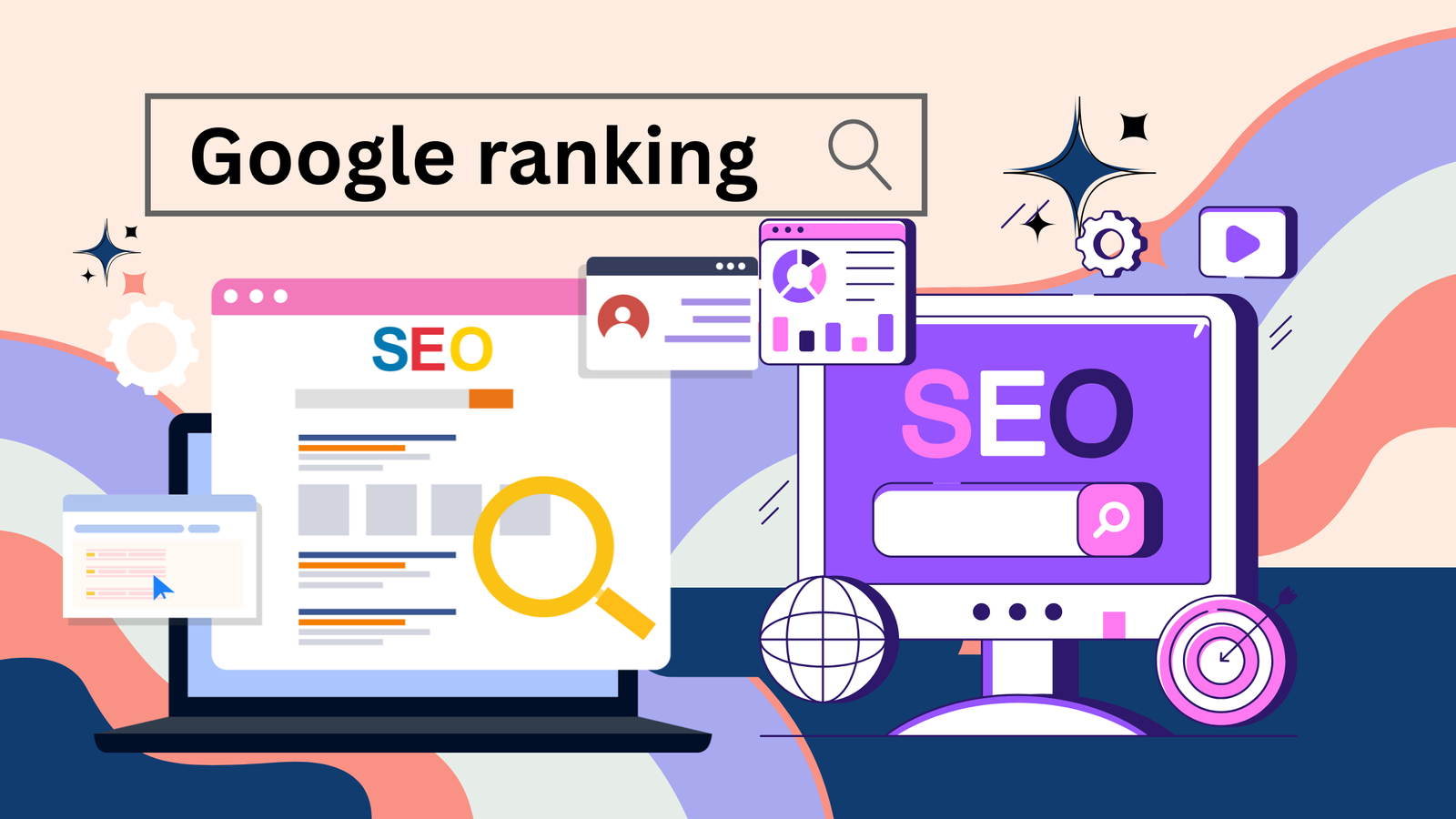SEO (Search Engine Optimization) and keyword research are foundational digital marketing strategies that help businesses grow their online presence, attract the right audience, and ultimately drive more revenue. Here’s how they contribute to business success:
✅ How SEO Helps a Business Online
SEO is the practice of optimizing your website and content so that it appears higher in search engine results pages (SERPs), like Google, for relevant searches.
1. Increases Organic Traffic
- By ranking higher on search engines, your website becomes more visible to people searching for your products or services.
- Organic traffic is typically more sustainable and cost-effective than paid advertising in the long term.
2. Builds Credibility and Trust
- Websites that rank on the first page of Google are often perceived as more credible and trustworthy.
- SEO includes optimizing page speed, mobile responsiveness, user experience (UX), and technical health—all of which improve the visitor experience.
3. Improves User Experience
- Good SEO involves creating fast, mobile-friendly, well-structured websites.
- When users find what they need quickly and easily, they’re more likely to convert into customers.
4. Higher ROI Than Paid Ads (Over Time)
- SEO brings continuous traffic without ongoing ad spend.
- Although SEO takes time to show results, the return on investment is often higher compared to pay-per-click (PPC) campaigns in the long term.
5. Drives Local Business (via Local SEO)
- Local SEO helps businesses appear in location-based searches like “coffee shop near me.”
- It boosts visibility in Google Maps and local listings, bringing in foot traffic and phone calls.
6. Competitive Advantage
- Ranking higher than your competitors means more visibility, more clicks, and potentially more customers.
- A well-optimized site can outperform competitors even if they offer similar products or services.
✅ How Keyword Research Helps a Business Online
Keyword research is the process of finding and analyzing search terms that people enter into search engines. It helps you understand what your audience is looking for and how to target them effectively.
1. Targets the Right Audience
- By identifying the exact words and phrases potential customers use, you can create content and pages that match their intent.
- This ensures you’re not just getting traffic—you’re getting qualified traffic (people ready to engage or buy).
2. Content Strategy Alignment
- Keyword research helps guide your blog posts, product descriptions, landing pages, and FAQs.
- Knowing which keywords have high volume and low competition allows you to create content that ranks and converts.
3. Boosts Visibility for Specific Searches
- Long-tail keywords (e.g., “affordable running shoes for flat feet”) often have lower competition but higher intent.
- These targeted phrases bring in users closer to making a purchase decision.
4. Improves Paid Advertising (PPC)
- Even in Google Ads or Bing Ads, keyword research ensures you bid on the right terms and avoid wasting budget on irrelevant searches.
5. Market Insights and Trends
- Keyword trends can reveal shifts in customer behavior, seasonal interest, or emerging topics.
- This helps businesses adapt their offerings and messaging to meet real-time demand.
6. Uncovers Opportunities and Gaps
- You might find high-potential keywords your competitors haven’t targeted yet.
- Or you may discover areas where your current website lacks coverage (e.g., missing service pages or blog topics).
✅ Combined Benefits of SEO + Keyword Research
| Benefit | SEO | Keyword Research |
|---|---|---|
| Increase in organic search traffic | ✅ | ✅ (by targeting high-volume terms) |
| Attracting the right customers | ✅ (via intent-based optimization) | ✅ (by targeting intent-specific keywords) |
| Higher search engine rankings | ✅ | ✅ (when optimizing for relevant keywords) |
| Lower marketing costs | ✅ | ✅ (by reducing ad waste) |
| Better website content | ✅ (UX, structure) | ✅ (content aligned with search intent) |
| Competitive edge | ✅ | ✅ (finding untapped keyword opportunities) |
🎯 Example Scenario
Let’s say you run an online store that sells eco-friendly skincare products.
- SEO helps your website appear when someone searches “natural skincare products” or “organic face wash.”
- Keyword research shows that terms like “cruelty-free moisturizer for sensitive skin” have moderate traffic and low competition.
- You write a blog post or product page targeting that keyword.
- Over time, this page ranks on Google, brings in qualified leads, and increases sales—all without paying for ads.
✅ Summary: Why Your Business Needs SEO & Keyword Research
- SEO gets your business found.
- Keyword research tells you what to get found for.
Together, they help you attract the right visitors, build credibility, and grow sustainably online.
